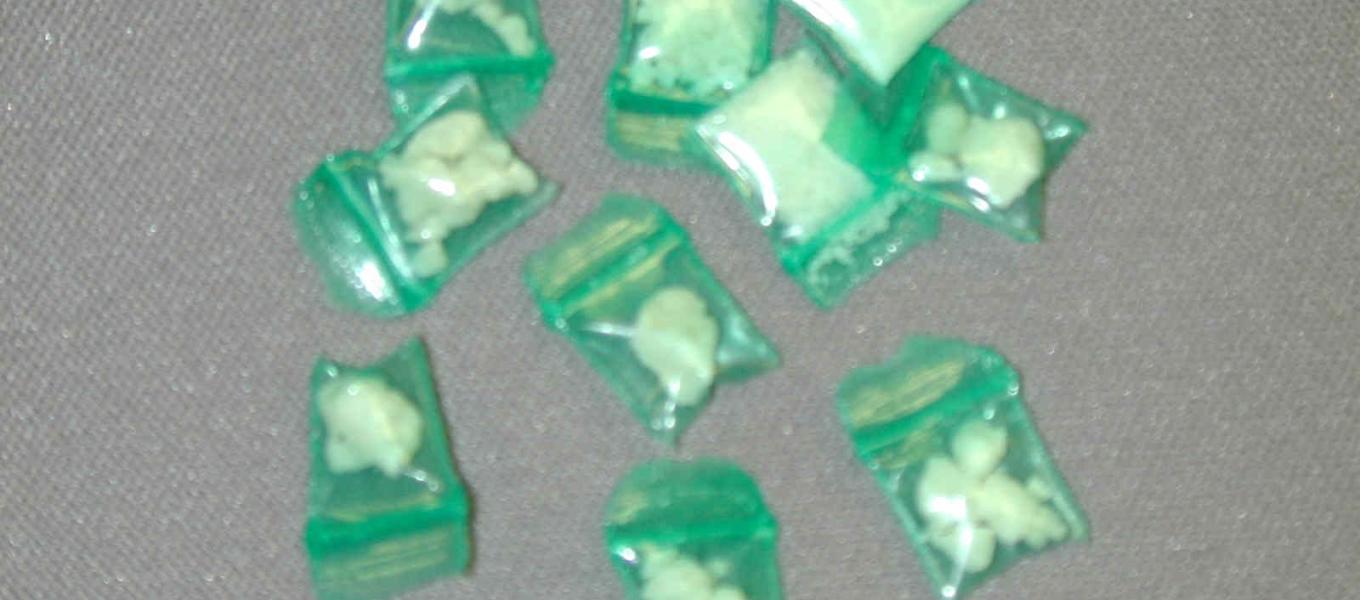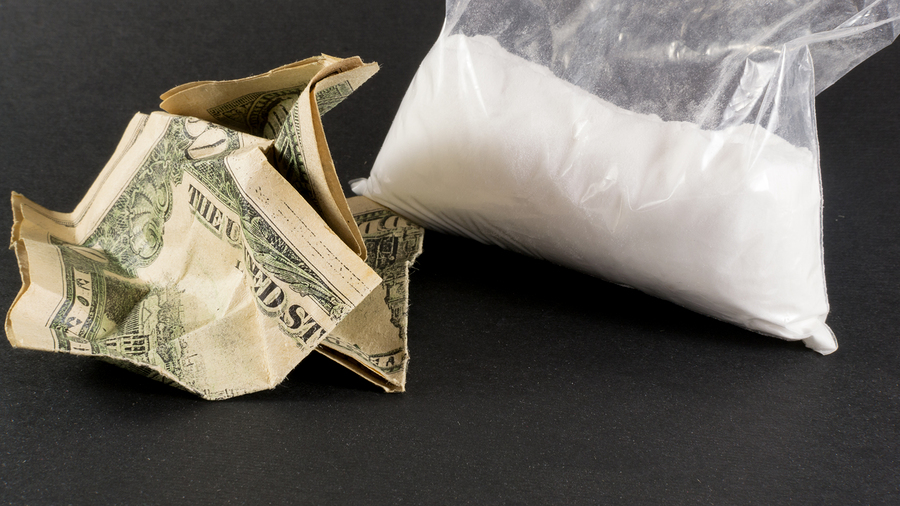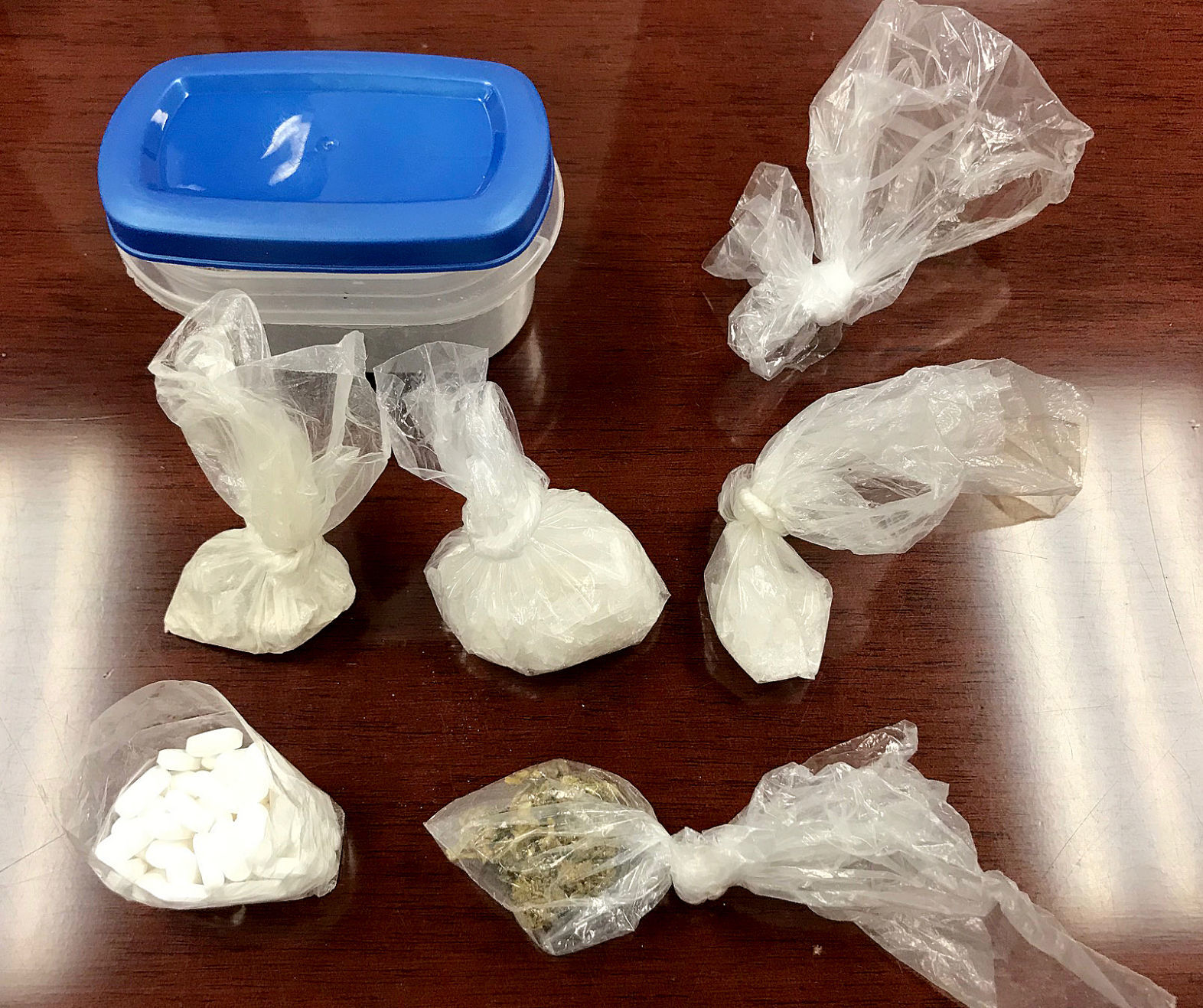

8 August 2005 ( ADHD in substance misusers)Ī less well-known part of the story is that dopamine not only mediates reward, it also has important functions in maintaining focus and motivation. SOURCES: CDC ( ADHD in children) National Institute of Mental Health ( ADHD in adults) Howard Schubiner in CNS Drugs, Vol. The excess dopamine throws the brain into a state of imbalance: a circle of use, dopamine release and depletion, then craving, withdrawal and relapse. Dopamine signals the presence of rewarding and reinforcing stimuli, and cocaine prevents the brain from reabsorbing dopamine. The intense craving, the sensation of a “high,” the compulsion to procure and use drugs, and the dysphoric state of withdrawal are all associated with a critical neurotransmitter released in the brain: dopamine. Patients are often fully aware of the risks, but craving and withdrawal symptoms override their efforts to take control. We understand substance use disorders today as a condition in which drugs essentially hijack the brain. He managed to give up drinking and Xanax, but the cocaine cravings ceaselessly pulled at his mind, until he capitulated. Since he started his leave from work-a few weeks before I saw him-Myles had tried to cut back.

He was still coping comfortably on the surface, and his performance was deemed to be rapidly improving at his midyear evaluation.īut things fell apart and his cocaine use surged when his longtime girlfriend, who lived in California, decided to break up with him. He had a hunch that cocaine could help him stay up longer and be more productive, and he attributed his escalating use to the hours that piled on that winter. Initially he did not notice the high but only felt calmer and carried on work duties effortlessly into the night. One of his colleagues tempted him to use it one late night at the office. It was around this time that he was first exposed to cocaine. His work was littered with neglectful errors, and he began to worry about being fired. He had trouble wrapping up projects-he would dive in enthusiastically, working on a spreadsheet or PowerPoint deck, only to procrastinate when the details got too tedious. deadline set by someone in another time zone. But the 80- to 100-hour workweek crushed him: he found it increasingly difficult to focus on the details of a presentation, especially at 2 A.M., when he was working to meet an 8 A.M.

When he started his job a few years earlier, he was excited by the big paycheck and titillating world of high finance. Myles did not land in this dire place in one day. “A couple of nights ago after another cocaine binge, I had the thought that I'd be better off dead than alive, and that's when I called you.” “I can't control myself,” he admitted when he showed up in my office in New York City. It was obvious that he needed help, and his employer told him to take some time off. Feeling nervous, he took Xanax before his performance review and nodded off in front of the boss.

Cocaine withdrawal symptoms-anxiety, irritation and fatigue-plagued him on business trips and in the office. He knew he needed sleep-on sleepless nights he would ply himself with alcohol before crashing, sometimes still in his suit. During the workweek he would get intense cocaine cravings, and he would do more lines at home by himself. These binges would last two to three days, costing him $500 or more a day in cocaine alone. The next morning he would feel profoundly guilty and sad, and he often took a few tabs of Xanax to “sleep it off.” The next night he would resume the cycle. The ebb and flow of the high floated him for the rest of the night. By midnight, when the cocktails led to stupor, he would start snorting lines of cocaine. When he was still working, on a typical Friday night, he would go out with colleagues, call his dealer at 8 P.M. He was on a temporary leave of absence from work at a high-profile financial services company. He was also one of my sicker patients, using cocaine, alcohol and the antianxiety drug Xanax in large quantities. Myles* was an appealing young man: good-looking, engaging, mild-mannered, with a self-deprecating sense of humor.


 0 kommentar(er)
0 kommentar(er)
